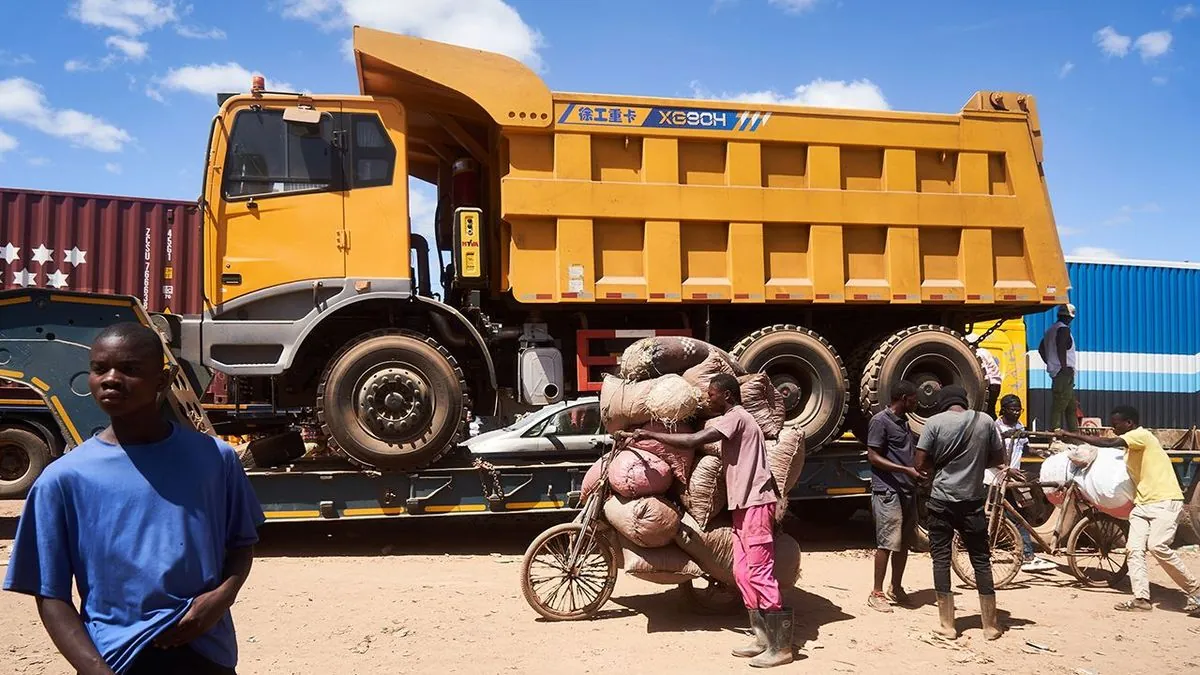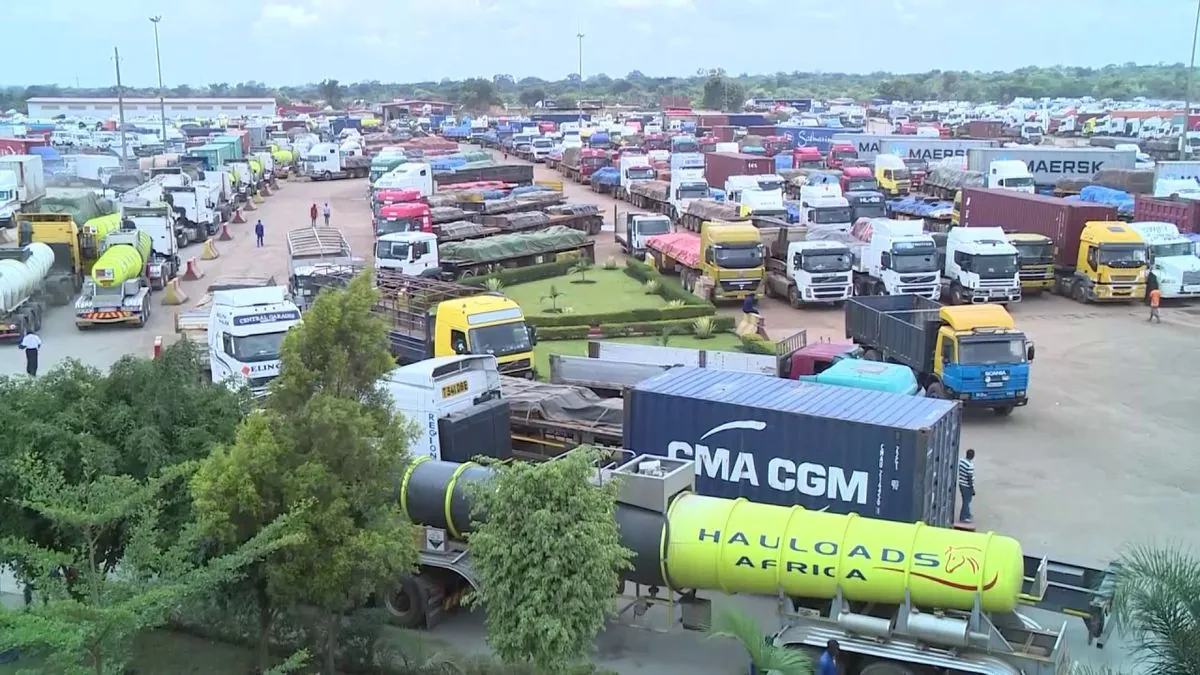Zambia-Congo Border to Reopen After Dispute Over Beverage Ban
Zambia and Congo agree to reopen their shared border following protests over a Congolese ban on imported drinks. The closure briefly disrupted a crucial copper export route for the region.

In a recent development, Zambia and the Democratic Republic of Congo (DRC) have reached an agreement to reopen their shared border, which was temporarily closed due to protests. The closure, which lasted for three days, had significant implications for the region's copper trade.
The border shutdown occurred on August 10, 2024, following demonstrations by Congolese transporters in the border town of Kasumbalesa. These protests were sparked by a Congolese ban on imported soft drinks and beer. The closure of this crucial crossing point raised concerns about its impact on copper exports, as the DRC is currently the world's second-largest producer of this valuable metal.

Negotiations between the two nations commenced promptly, resulting in a swift resolution. According to official statements, the border is set to reopen on August 13, 2024. In a conciliatory move, the DRC has agreed to permit the import of goods covered by the ban, provided their importation was initiated before the restriction came into effect.
This incident highlights the intricate relationship between Zambia and the DRC, particularly in the context of their shared mining interests. The two countries are part of the Copperbelt region, which contains approximately 10% of the world's copper reserves. The DRC's mining sector is a crucial component of its economy, accounting for about 30% of its GDP.
The importance of this border crossing cannot be overstated. Most of the DRC's copper exports, which amounted to about 2.84 million tons in 2023, pass through Kasumbalesa into Zambia. This route is vital for the Central African country's economy, especially considering that the DRC joined the East African Community in 2022, potentially opening new trade avenues.
It's worth noting that border closures between these nations have occurred several times in recent years due to various disputes. This latest incident underscores the delicate balance between national policies and regional trade interests. The Congolese government's efforts to increase local processing of minerals and protect domestic industries must be carefully weighed against the potential economic repercussions of trade restrictions.
As the situation unfolds, it remains to be seen how this brief disruption will impact the region's copper trade and whether it will lead to any long-term changes in trade policies between Zambia and the DRC.


































